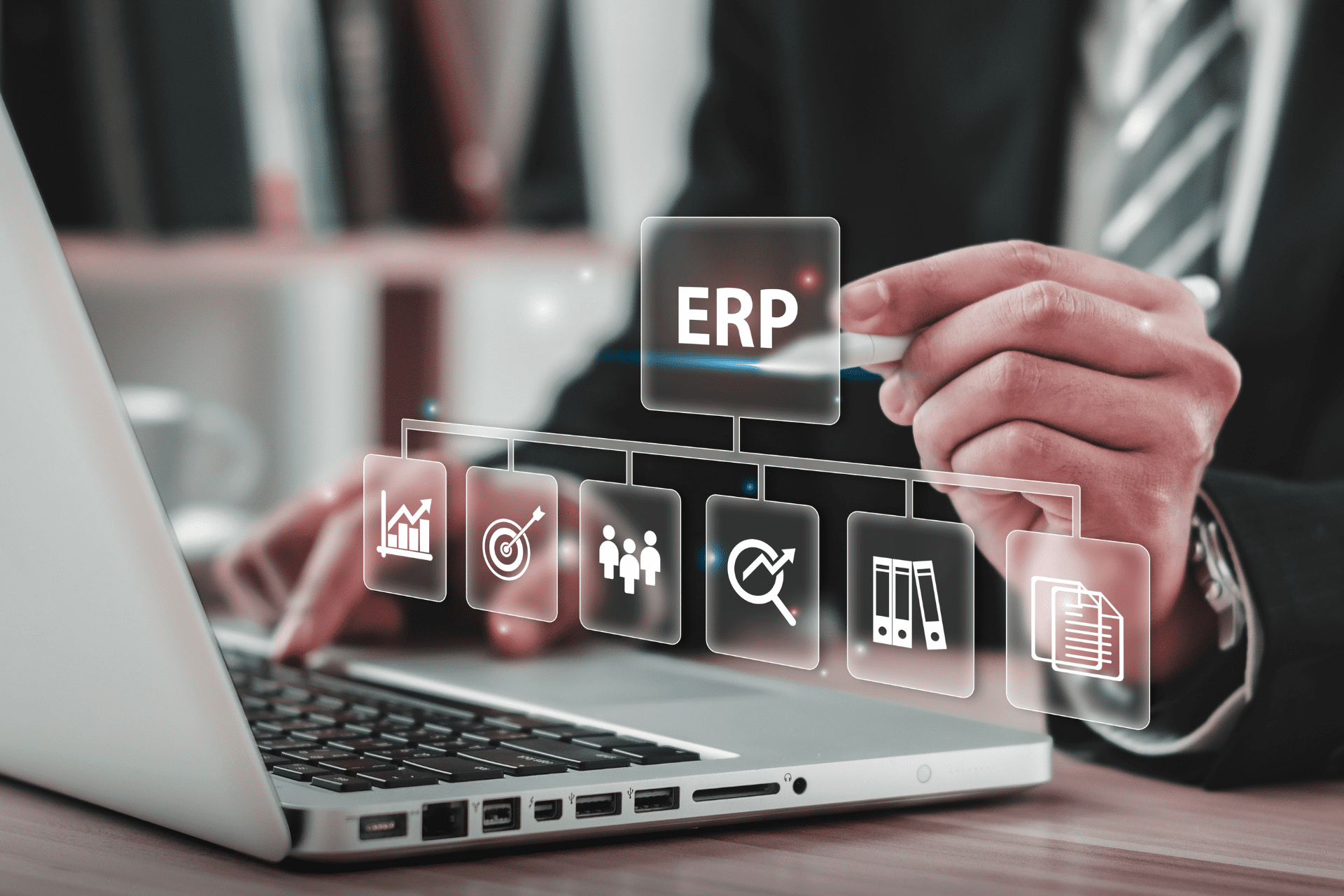Share
Read also

Business Software
ERP Trends for the New Year

Business Software
The New CRM Trends for 2026

Trends & Views
Digital Transformation Trends for 2026

Cloud
Explosive Growth in the Cloud ERP Market
The Cloud computing trend has become an “epidemic”, as it was well expected to. Especially where ERP technology is concerned, traditional solutions entail more expenses, time-consuming deployment and certainly greater complexity, while Cloud-based solutions are -by default- less expensive, providing at the same time greater flexibility and usability, as well as improved maintenance. As a result, a new “field of competition” has emerged and, as always, it would be best to be on the winning side.
To determine “winners”, these will be the companies that will decide to migrate to the Cloud, either directly or gradually. For those that will remain “attached” to solutions originally developed to operate exclusively on-premise, things are not looking up… Although many businesses are now considering to adopt a Cloud strategy, those that will decide to do so while keeping their legacy, on-premise systems will unavoidably face issues. Why? Simply because they have not chosen the right vendor to lead the way and, therefore, do not possess the necessary technology that will allow them to make the transition.
If a system has been developed for on-site deployment, it typically requires a LAN or WAN connection to provide the necessary data bandwidth. And although Internet is rapidly developing, there are still issues and restrictions to deal with. In the case of Cloud computing, though, there are no bandwidth restrictions for the solution to work properly. Furthermore, re-designing an on-premise system so that it can work with the Cloud architecture, comes at a certain cost and bears risks, while, in many cases, it may not even be possible.
Apart from the increasing popularity of Cloud computing, the dynamic presence of mobility should also be taken into consideration. It is not rare to see ERP systems expanding to support tablets and smartphones as well. With the corresponding apps, users can view data, properly formatted, on their handset devices. In the case of legacy systems, it is certain that problems will arise once it is time to address mobility. On the contrary, for Cloud ERP solution providers, it is quite simple to provide support for handset devices, since the client software is light and bandwidth requirements are low (mobile connections are supported).
The developments discussed above clearly affect businesses, and vendors as well. Vendors that will remain true to their legacy systems will potentially risk losing their market share, since their systems will not be cost-effective, easy to deploy and maintain, or flexible enough to address the constant changes in the modern business world. As for businesses, there is really no significant reason to refrain from migrating to the Cloud. After all, such a decision will offer significant capex savings, amounting to hundreds or even thousands of euro.







